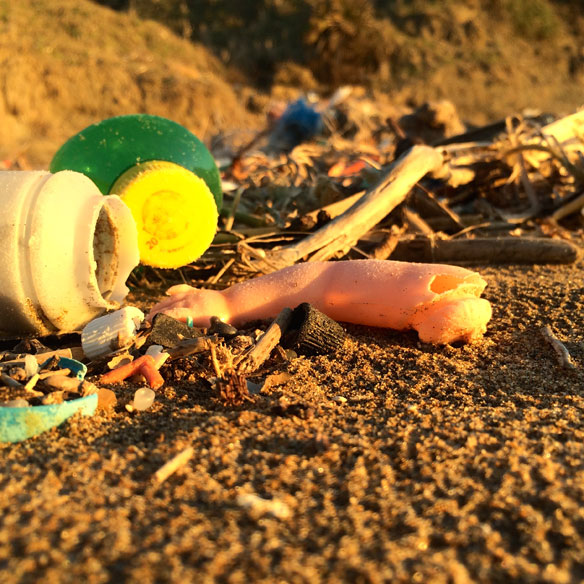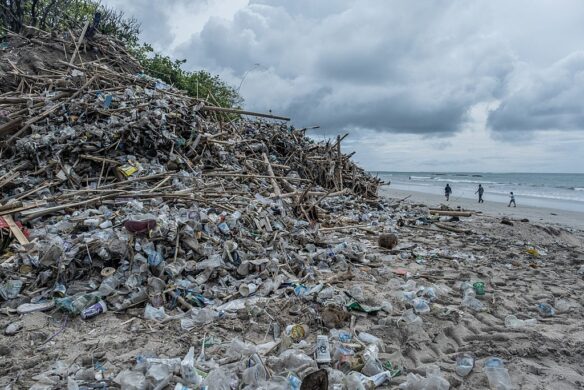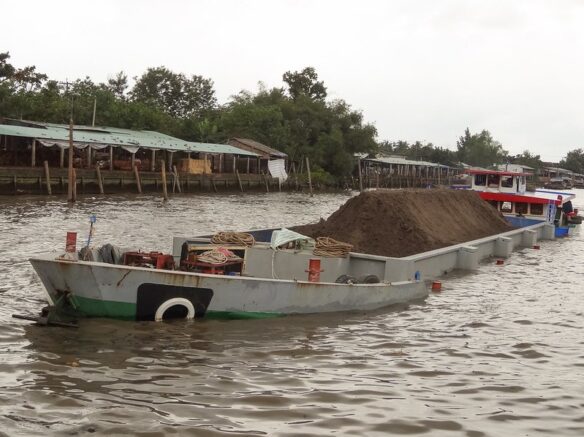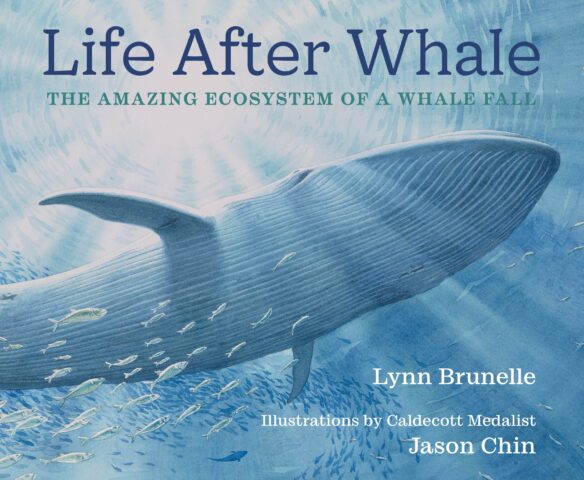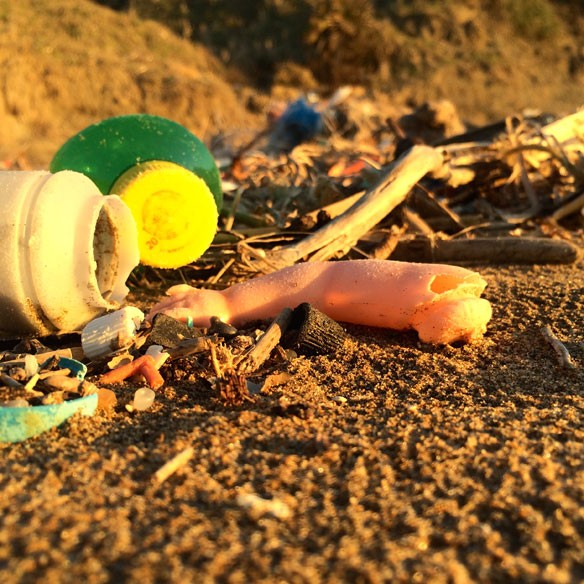
“The unprecedented plastic waste tide plaguing our oceans and shores, can become as limited as our chosen relationship with plastics, which involves a dramatic behavioral change on our part…”
Captions and Photo: © SAF — Coastal Care
Excerpts;
As public anger grows over the environmental impact of single-use plastic, trying to live plastic-free and more sustainably has become a mainstream concept…
Read Full Article; Guardian UK (12-29-2018)
Think You Can’t Live Without Plastic Bags? Consider This: Rwanda Did It; Guardian UK (02-15-2015)
In 2008, while the rest of the world was barely starting to consider a tax on single-use plastic bags, the small East African nation decided to ban them completely…
These 10 companies are flooding the planet with throwaway plastic; Greenpeace (10-09-2018)
Nine months, six continents, 239 cleanup events, and more than 187,000 pieces of trash later, we now have the most comprehensive snapshot to date of how corporations are contributing to the global plastic pollution problem…
What are businesses doing to turn off the plastic tap? UNEP (06-28-2018)
More than 8. 3 billion tons of plastics made: Most has now been discarded; Science Daily (07-19-2017)
Humans have created 8.3 billion metric tons of plastics since large-scale production of the synthetic materials began in the early 1950s, and most of it now resides in landfills or the natural environment, according to a study.
More Recycling Won’t Solve Plastic Pollution; Scientific American (07-06-2018)
Piling up: Drowning in a sea of plastic; CBS News (08-05-2018)
Piece by piece, an environmental threat is piling up, and we’re ALL to blame. Worse yet, even those of us trying to bring an end to the problem may not be doing as much good as we think…
Plastic Pollution: “When The Mermaids Cry: The Great Plastic Tide,” Coastal Care
Plastic is versatile, lightweight, flexible, moisture resistant, strong, and relatively inexpensive. Those are the attractive qualities that lead us, around the world, to such a voracious appetite and over-consumption of plastic goods. However, durable and very slow to degrade, plastic materials that are used in the production of so many products all, ultimately, become waste with staying power. Our tremendous attraction to plastic, coupled with an undeniable behavioral propensity of increasingly over-consuming, discarding, littering and thus polluting, has become a combination of lethal nature…

